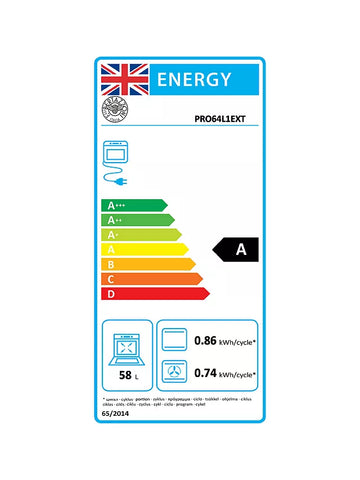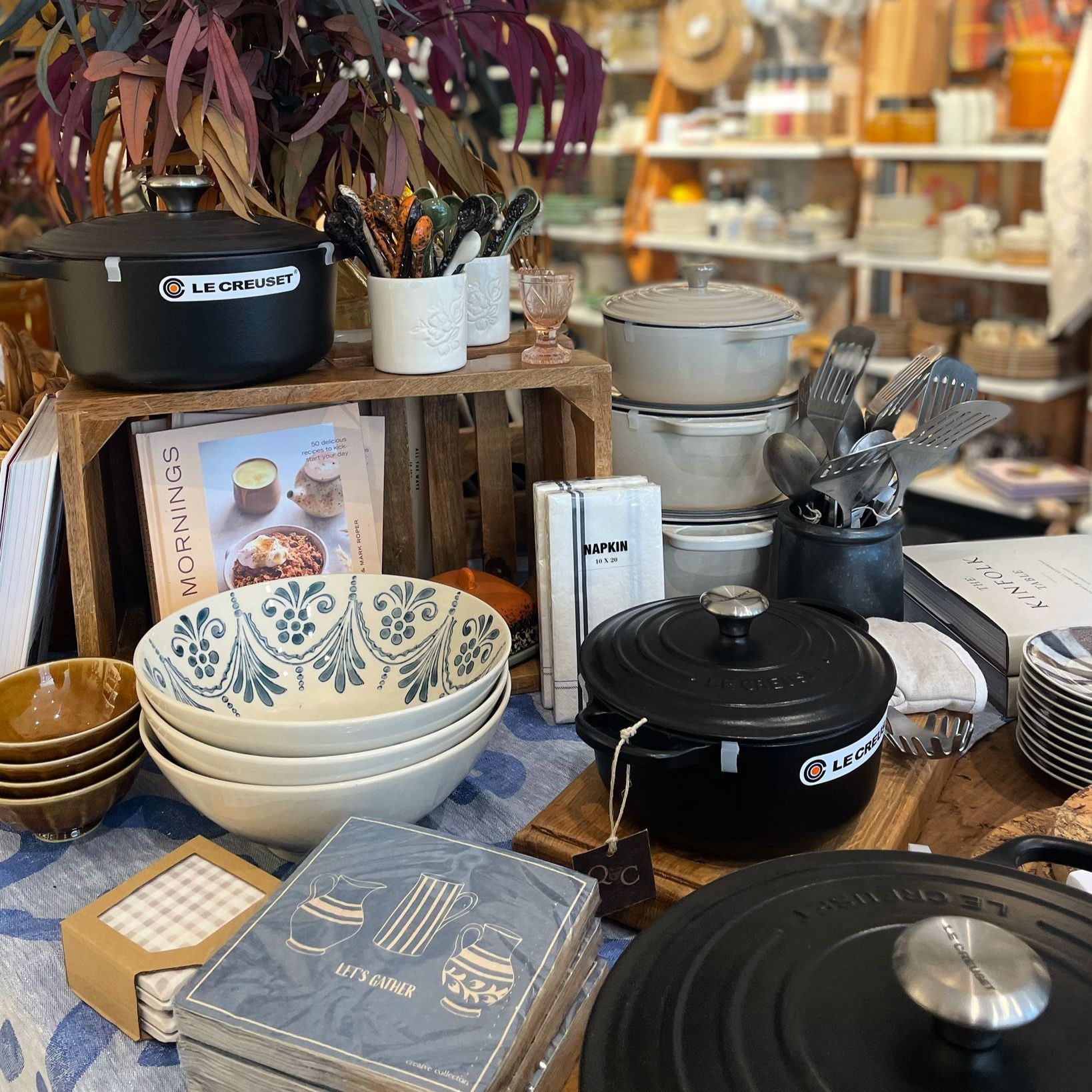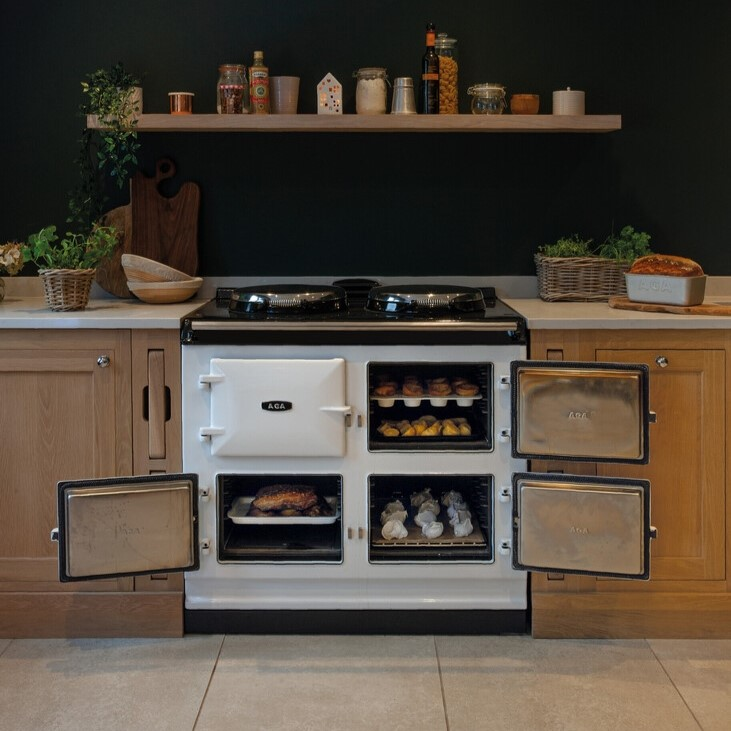Range Cooker Energy Ratings: Navigating Efficiency

In the realm of kitchen appliances, range cookers stand out as versatile workhorses capable of transforming your culinary experience. However, amidst the myriad of features and specifications, understanding the energy ratings of these appliances is crucial for making an informed decision. Let’s delve into range cooker energy ratings to understand the significance and empower you to choose the perfect range for your kitchen.
What are Energy Ratings?
Energy ratings serve as a standardised measure of an appliance's energy efficiency, providing consumers with valuable insights into its performance and environmental impact. You may see different variations of the Energy ratings as the system was changed recently.
Old Energy rating system

Bertazzoni PRO64L1EXT Energy rating
Energy ratings typically ranged from A+++ (most efficient) to D (least efficient), with variations in between.
New Energy rating system
Energy ratings typically range from A (most efficient) to G (least efficient).
Importance of Energy Ratings for Range Cookers
- Cost Savings: Higher energy-rated range cookers are more efficient, leading to reduced energy consumption and lower utility bills over time.
- Environmental Impact: Opting for a more energy-efficient range cooker helps minimise your carbon footprint by conserving energy resources and reducing greenhouse gas emissions.
- Performance: Energy-efficient models often boast advanced features that enhance cooking performance, ensuring optimal results while saving energy.
Understanding Energy Labels
- Energy Efficiency Class: Indicates the overall efficiency level of the range cooker, with A+++ (and A in the new system) being the most efficient and D (with G in the new system) being the least.
- Annual Energy Consumption: Provides an estimate of the amount of energy the appliance consumes in a year, helping you gauge its operational costs.
- Energy Consumption for Conventional/Forced Air Heating: Differentiates between conventional and forced air heating modes, offering insights into energy usage variations based on cooking methods.

Tips for choosing an Energy-Efficient Range Cooker
- Look for High Energy Ratings: Aim for range cookers with B / A+ or higher ratings to ensure optimal efficiency.
- Consider Size and Features: Choose a model that suits your cooking needs while being mindful of additional features that may impact energy consumption.
- Compare Annual Energy Consumption: Evaluate the estimated annual energy consumption of different models to make an informed decision based on your usage patterns.
Conclusion:
Navigating range cooker energy ratings can be a little confusing at first, but armed with knowledge, you can make a confident choice that aligns with your needs. By prioritising energy efficiency, not only will you save on costs, but you can also contribute to a more sustainable future.

























